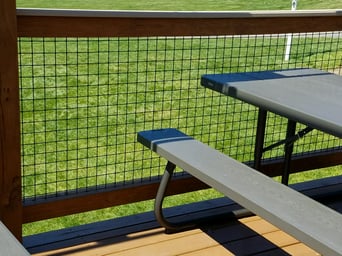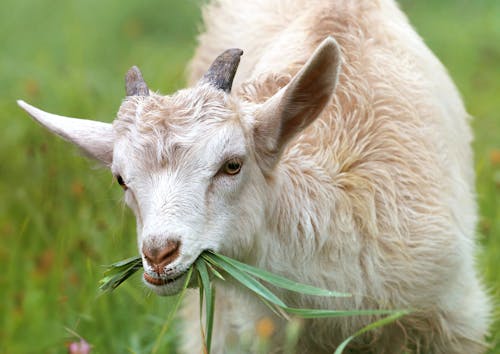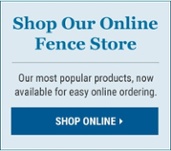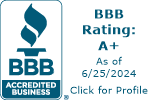Welded Wire Mesh Fence Panels--a Variety of Purposes
Need to build a deck on your home, an animal enclosure, a boardwalk, or aquaculture related traps? It may be time to explore welded wire mesh panels. Welded wire mesh panels come in a variety of mesh configurations, gauges, and finishes. Many zoos use welded wire fence panels for their animal enclosures. Depending on the animal, a lighter or heavier gauge wire may be utilized. For decking purposes, you may choose a vinyl coated welded wire panel, or stainless steel is a long-lasting option. Nurseries use PVC (polyvinyl chloride) coated panels for greenhouse benches as well as aquaculture for the marine industry. There are many applications for welded wire mesh panels which may be suitable to your needs.
Choose your Gauge, and Proceed
Panels fabricated from previously manufactured rolls of wire are flattened and cut or sheared to size. As mentioned, welded wire mesh panels are offered in a variety of gauges (usually from 8 gauge to 16 gauge) depending on how strong the requirement or specification. Unlike a chain link fence, welded wire mesh panels can be offered to the measurements needed. Some wire mesh panels offered through Louis E. Page are custom fabricated and made-to-order, depending on the configuration and specifications. The vinyl coated welded wire mesh panels are coated with, as are the rolls of wire, weather resistant material, including UV.
Panels and Rolls
A quick note about the difference between panels and rolls.
- Panels are easy to install, especially when remodeling a deck on your home. They are custom made to your specifications, need minimal to no cutting and can typically be installed by one to two people. All these attributes make panels ideal for quick installs with minimal work crews.
- Wire fence rolls are perfect for jobs that have larger linear footage to cover which may require work crews and professional installers. There are also additional materials like posts, rings, pliers and everything else you need to install a fence. We have many different customers who use the wire mesh rolls for multi purposes like farming/agriculture, fencing, nurseries, and the like.
We offer many different varieties of wire rolls and panels, and we recommend discussing your projects with us. Don't hesitate to call us, we have the knowledge to provide the perfect solution.
Welded Wire Mesh Panels: Installation
If the panels are going to be installed onto a wooden frame:
- Stapling the mesh to one side of the wood helps keep it in place
- It is recommended to staple it every few inches to keep it secure
- It's best to use galvanized staples for weather resistance
The welded wire does not stretch like woven chain link fencing. Therefore, the panel size needs to be accurate when ordering.
Problem Solving
Depending on the wire gauge and the mesh opening of a panel, there may be a bow which may cause sagging. If this occurs and stapling isn't an option, a
T Posts--Length
It is important to understand that not all posts are the same. Steel T posts and U posts are offered as a solution when installing panels, as well as rolls of wire fencing. It is recommended using a post that is 2' (feet) longer or taller than the height of the finished fence height. For instance, if the height is going to be 5' tall, then 7' posts would be quite sufficient. You can use 6' posts, but over time may become loose or unstable in the ground.
Animals: Some Perspective
If you plan to enclose animals, please keep in mind that animals do grow and can outgrow their environment. Make sure the height of the panels or fence are large enough to keep them safe and to keep wild animals out. Also, consider the overall size of the enclosure carefully. The mesh openings and gauges play a significant role when making these decisions. Animals may have to walk on the wire so a smaller mesh opening would be more comfortable on their feet, but the sides of the cage/enclosure could have larger mesh openings to see in or out.
Fence panels are large and require specific shipping logistics. We'll be happy to give you a free quote and help with the details. Unfortunately, panels cannot be ordered via our online shop at this time, but please give us a call.
























